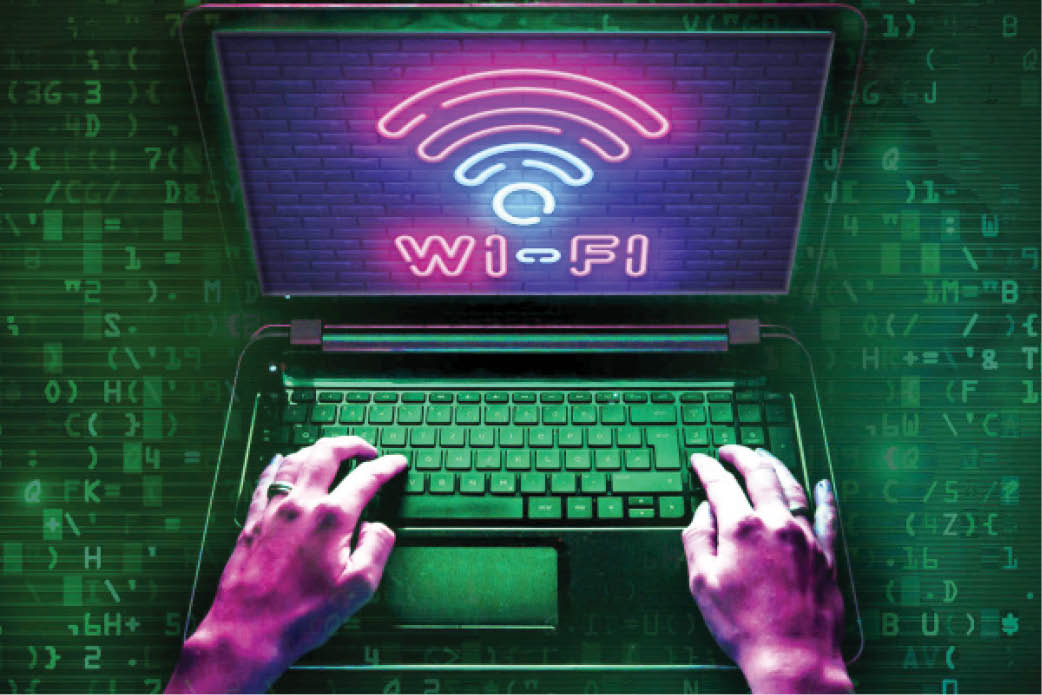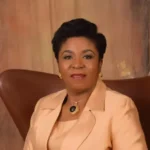In Nigeria 2023 is an election year and technology will play a big role in the process of bringing up who become the next crop of leaders in the country.
The Independent National Electoral Commission (INEC) has reassured Nigerians that the 2023 general elections will be technology-driven to avoid any human errors.
Speaking during a Twitter space organised by the Commission in November on the topic ‘Why INEC BVAS, IReV are critical to the 2023 General Election,’ INEC’s National Commissioner and Chairman, Information and Voter Education Committee, Festus Okoye, disclosed that the Bimodal Voter Accreditation System (BVAS) and INEC Result Viewing Portal (IREV) will be deployed for the 2023 general elections.
Okoye said: “We have reached the critical stage in the electoral process, in this critical stage, it’s important to let Nigerians know some of the creative innovation that has been pinpointed for the purposes of the 2023 elections. The INEC chairman has made it clear to Nigerians that only the vote of Nigerians will determine this election. He has also made it clear that this particular election will be technology-driven.
- My attackers well trained, Ohakim narrates ordeal
- Zulum, Sirika obtain 12,000 copies of Pantami’s skills’ book
“It’s very important for Nigerians to understand the base of this particular technology and some of the issues that are involved in the deployment of these technologies.”
He noted that Commission has the power to make use of electronic voting machines in the electoral process.
“Both the Constitution and the Electoral Act have also given the Commission the power to make subsidiary legislations and the Commission has also made regulation and guidelines for the conduct of the 2023 general election and other subsequent elections.
“By the provision of Section 41 of the Electoral Act, the National assembly and invariably the Nigerian people have given the Commission the right and power to provide what we call suitable boxes, electronic voting machines, or any other voting device for the conduct of election.
“The implication is that for the 2023 general election, the Commission has exclusive right and responsibility to determine the mode of election and for this particular election the Commission has made a determination that it will continue to use the ballot boxes and the ballot papers for the conduct of elections. Subsequently there is a possibility that the Commission may deploy and introduce electronic voting machines in the electoral process.”
He stressed that no registered voter in Nigeria will vote without passing through the gate of BVAS which has been recommended by INEC as a technological device for voter’s authentication and verification.
“In terms of IREV, it’s also impossible not to transmit the Polling Unit level result into the INEC result viewing portal. This is because, Section 50, Section 60 and as well as Section 64 of the Electoral Act have made it mandatory that the result of election should be transmitted electronically,” he said.
The INEC deputy director of ICT, Lawrence Bayode, also added that BVAS and IREV will play a pivotal role in creating a free, fair and credible election.
More Startups
Apart the use of technology for the elections, another big tech trend of 2023 in Nigeria is springing up of more startups across the country. Since the beginning of President Muhammadu Buhari’s administration, tech startup hubs have been increasing in Lagos, Abuja, Kano and Port-Harcourt. This is likely to increase this year as government and private sector investors pump more money into the sector. For instance, two private firms – ARM and TechVision- have already pledged N12m in April 2023 to any startup that is able to develop any app that will be beneficial to Nigerians.
Spread of 5G technology
Also, the 5G technology already launched by MTN in some parts of Lagos will be ubiquitously spread across Nigeria later in the year. The Nigerian Communications Commission (NCC) had in 2021 granted 5G licenses to MTN Nigeria and Mafab Communications, with Airtel joining the party last year December. But only MTN had so far did the roll out. 2023 holds promises of more roll-outs and improved access to 5G services in many Nigerian cities.
However, the Nigerian Communications Satellite Limited (NIGCOMSAT) had also said in November that it plans to deploy 5G in the first quarter of 2023, using its latest satellite NIGCOMSAT 2. The agency made this known during a stakeholders’ engagement forum, themed: NIGCOMSAT: The Roadmap for Enhanced Service Delivery.
Increased adoption of Artificial Intelligence
The 5G technology will give way to increased adoption of Artificial Intelligence (AI). The establishment of the National Centre for Artificial Intelligence and Robotics (NCAIR) by the Federal Government to promote research and development on emerging technologies and their practical application in areas of Nigerian national interest has helped push AI into the consciousness of many Nigerians, especially the youths. The centre, a state-of-the-art facility, along with its modern digital fabrication laboratory (FabLab), is co-located in the same building complex with the Office for Nigerian Digital Innovation (ONDI) in Abuja.
NCAIR as a digital innovation and research facility is focused on Artificial Intelligence (AI), Robotics and Drones, Internet of Things (IoT), and other emerging technologies, aimed at transforming the Nigerian digital economy, in line with the National Digital Economy Policy and Strategy (NDEPS). NCAIR is also focused on creating a thriving ecosystem for innovation-driven entrepreneurship (IDE), job creation and national development. 2023 will see more of its activities.
So In 2023, a wide range of open-source AI models will drive adoption across enterprises toward the end of the year as many of these models mature and become better understood. These models will likely take a year or two to become easily used however, and enterprises will need significant help in this transition period. The biggest opportunity in AI is combining models of different types to handle mixed media input and output. This really blurs the boundaries between human and computer and is something with the potential to disrupt many industries rapidly
More restrictions on how social media app owners do business in Nigeria
2022 was a very noisy year for social media app owners in Nigeria.Twitter, Meta and Tik Tok firms were made to abide by Nigeria’s business ethics in terms of tax and duty payment. We are likely to see more of this in 2023.
And there may more checks on the tech firms’ power by placing restrictions on how they transmit their contents to Nigerians.
Icreased ICT growth
The ICT sector in Nigeria witnessed significant growth and development in 2022. The National Bureau of Statistics (NBS) revealed that the sector contributed 18.44 per cent to the nation’s GDP in the second quarter of 2022. This is likely to continue this year, especially if the federal government increase its efforts in promoting the development of the ICT sector and increase access to ICT infrastructure and services across the country. However, the initiatives such as the Nigeria National Broadband Plan (NNBP) which aims to increase broadband penetration in the country, and the National eGovernment Master Plan, which aims to increase the use of ICT in government operations and services should be sustained.
Challenges likely to remain in 2023
The challenges that the Nigerian ICT sector faces, including a lack of reliable and affordable electricity, multiple taxations, regulatory bottlenecks, limited access to ICT infrastructure in rural areas, and a dearth of skilled ICT professionals will likely remian in 2023.

 Join Daily Trust WhatsApp Community For Quick Access To News and Happenings Around You.
Join Daily Trust WhatsApp Community For Quick Access To News and Happenings Around You.


